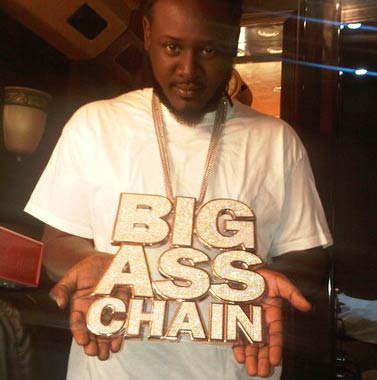appers are supposed to be immune to hate. Even Drake, who is famously unafraid to appear sensitive and vulnerable in his songs, never wavers on this: haters are losers who do not deserve his attention. “Got one reply for all of your comments: fukk what you think,” as he put it on last year’s “Tuscan Leather.”
T-Pain was never very good at being a rapper. He tried to be, when he was just starting out. But, as he told me in a recent interview, he ultimately decided to break into hip-hop as a singer instead. The move worked: T-Pain’s first album, the aptly named “Rappa Ternt Sanga,” released in 2005, made the chubby twenty-year-old from Tallahassee a star. Before long, he was generating one hit single after another, both on his own and as a featured guest alongside heavyweights like Kanye West, R. Kelly, and E-40. Even at the height of his celebrity, he never acted tough or particularly cool; his trademark accessories were a giant top hat and Oakley sunglasses that made him look like a snowboarder. Lately, T-Pain has been doing something even more unorthodox in hip-hop: telling sad stories, in public, about what it felt like when everyone, including some of his fellow-artists, started treating him like a joke.
read more at
http://www.newyorker.com/culture/culture-desk/the-sadness-of-t-pain



 Have a baby by a talentless industry thot brehs.
Have a baby by a talentless industry thot brehs. 